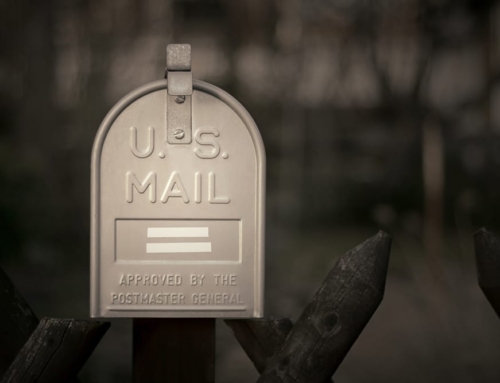Do you know exactly how much you can afford to spend on a home?
If you do, you’re in the minority. Mortgage experts say most home buyers don’t understand how to crunch the numbers. As a result, they end up either over- or under-estimating their buying power.
There’s an easy — and cheap — remedy at hand, however. Your local mortgage lender is happy to help you run through the numbers — for free.
The process of analyzing your income, debt, assets and liabilities is called “pre-qualification.” Lenders will look at how much you make, how much you owe, and how much you have in cash for a down payment and closing costs. These numbers get fed into a formula which calculates how expensive a home you can afford to buy.
Lenders like to pre-qualify customers because it gives them an excellent opportunity to market their wares to ready, willing and, for the most part, able buyers. Lenders hope that you’ll be so overwhelmed by the myriad of choices, and impressed with their ability to wade through and explain which option is best for you, that you’ll come back to them for a loan once you’ve found your home.
But as good as pre-qualification is for lenders, the upside for the home buyer is far greater. Home buyers who get pre-qualified have an excellent opportunity to ask questions about all the different types of loans available in the market. There are probably many more financing options available today than when you bought your last home, and lenders often customize loans to make them fit each person’s financial needs.
While you’re at the lender’s office, ask about the pros and cons of various loan packages offered. You want to know which loan will be the cheapest for you, based on how long you plan to live in the home. The lender should be able to provide side-by-side comparisons of the different loan packages, including any fees and closing costs.
Knowing in advance how much you can afford to spend on a home will help you avoid some of the most common mistakes home buyers make, including bidding on homes that are too expensive for your budget. However, you won’t be able to close on a home until you’ve actually been approved for your loan.
Here’s where folks often get confused. Some home buyers think that getting pre-qualified is the same thing as getting pre-approved for a loan. In fact, they’re completely different.
If you’re pre-qualified, it means that a lender has calculated your buying power. Pre-approval means that the lender has calculated your buying power and has committed in writing to fund your loan providing the home’s value appraises out.
That small difference can be a big deal when putting together an offer for purchase. Home buyers who are pre-approved know they will get their mortgage, providing the home’s value appraises out. Home buyers who are pre-qualified must start the approval process in earnest after their offer has been accepted. Sellers choosing between two offers may decide the pre-approved buyer is the better candidate.
Getting pre-approved for a loan is usually more time-consuming than getting pre-qualified because it requires that you actually apply for the loan. The lender will ask you to submit copies of your tax records, pay stubs, and bank records, and will then pull up a copy of your credit report, and check for any inconsistencies in your work or credit history.
Another difference between pre-approval and pre-qualification is cash. Some lenders ask you to pay your application and credit reporting fees when you submit your application for approval. That can cost as much as $500, which may not be refundable.
Lately, lenders have begun to recognize that home buyers don’t want to put up any cash before they’ve actually agreed to purchase a home. Some have responded to this issue by deferring all fees until the home buyer is ready to schedule the closing. Others simply ask that you pay a small fee upfront, to cover the cost of the credit report and appraisal.
In trying to attract more home buyers, creative lenders have also begun allowing buyers to lock in on an interest rate the day they get pre-approved for the loan. To give buyers enough time to find a home, many lenders give extended locks on loans, sometimes as long as 90 to 120 days.
Deferring or eliminating the upfront costs coupled with extended loan locks has begun to get people’s attention. Still you should shop around to find the loan with the best rate on the best terms before you plunk down any money.
Make sure you understand all the fine print before you sign any documentation. And don’t walk away from the table without a copy of the application and any other documents you signed. Be sure to follow up and get the lender’s written commitment to fund your loan once it has been approved.
Dec. 30, 1996.






Leave A Comment